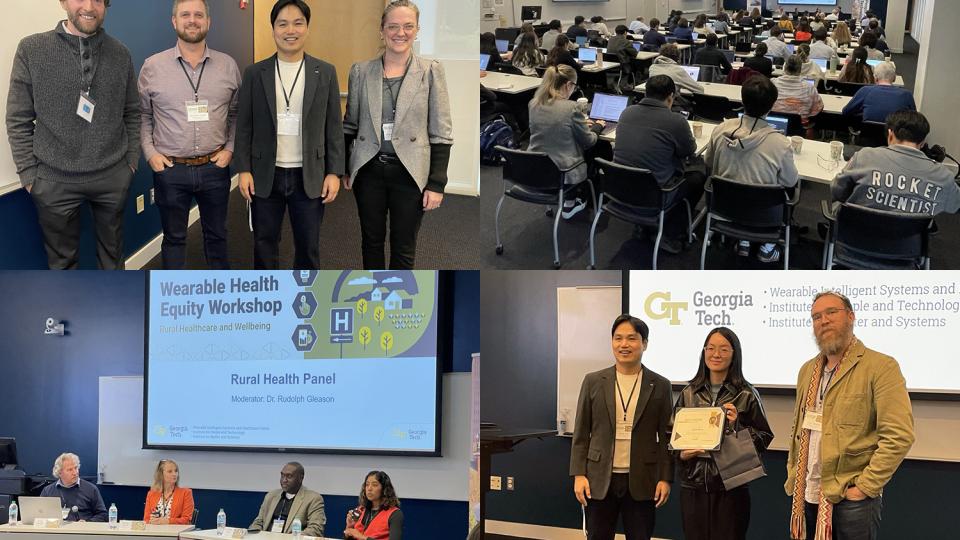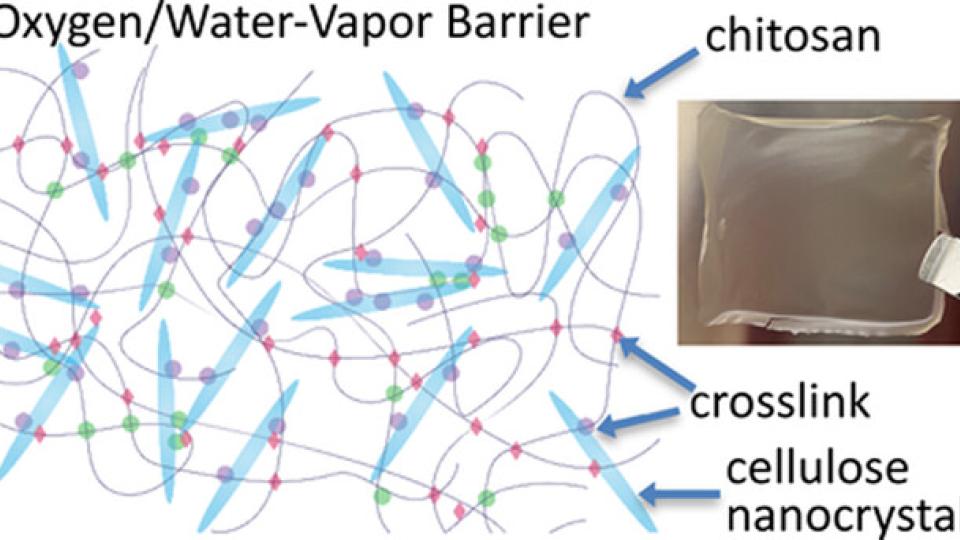Five interdisciplinary projects to receive IMS technical support and facility access
Georgia Tech proudly announces its faculty who have been named to the Clarivate Highly Cited Researchers 2025 list.
The Boundaries and Breakthroughs panel explored how interdisciplinary collaboration can drive solutions for the future of artificial intelligence.
Georgia Tech has been ranked 7th in the world in the 2026 Times Higher Education Interdisciplinary Science Rankings
The new bioprinter enables precise 3D hydrogel printing for advanced research in cancer, tissue engineering, and drug discovery.
The research program brings together experts in physics and engineering to develop compact, high-performance quantum sensing systems that align with national research priorities.
Faculty at Georgia Tech use their expertise in engineering, math, and computer science to apply common principles of these disciplines to neuroscience research.
The event showcased how The Institute for Matter and Systems connects academic expertise with entrepreneurial ambition, accelerating technologies from concept to commercialization.
The second Wearable Health Equity Workshop was held on October 30, 2025, at the Georgia Tech Marcus Nanotechnology Building. The workshop presented some of the latest wearable health technologies and offered practical solutions for advancing rural healthc
Researchers at the Georgia Institute of Technology have developed a biologically based film made from natural ingredients found in plants, mushrooms, and food waste that can block moisture and oxygen as effectively as conventional plastics
Georgia Tech scientists explore the elemental makeup of a 15th-century brick to connect Dracula’s legend with real-world materials science.
The third annual Oliver Brand Memorial Lecture featured insights from IBM’s Vijay Narayanan on how advanced materials are shaping the future of artificial intelligence.
Pagination
Visit our Research News Center
The Institute for Matter and Systems regularly releases articles and videos featuring its research, faculty, and students. This includes stories about microelectronics, built environment technologies, advances in infrastructure systems, and other technologies that improve the human condition.
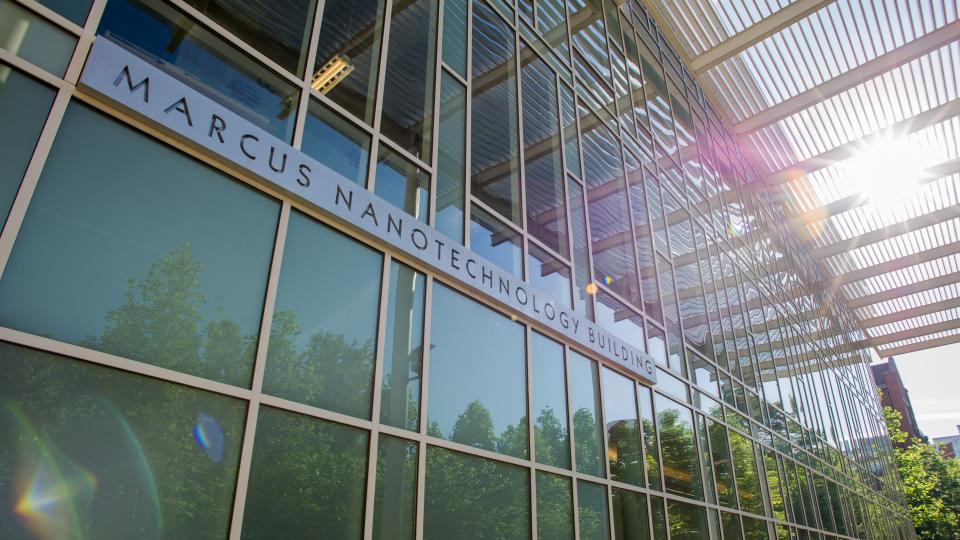
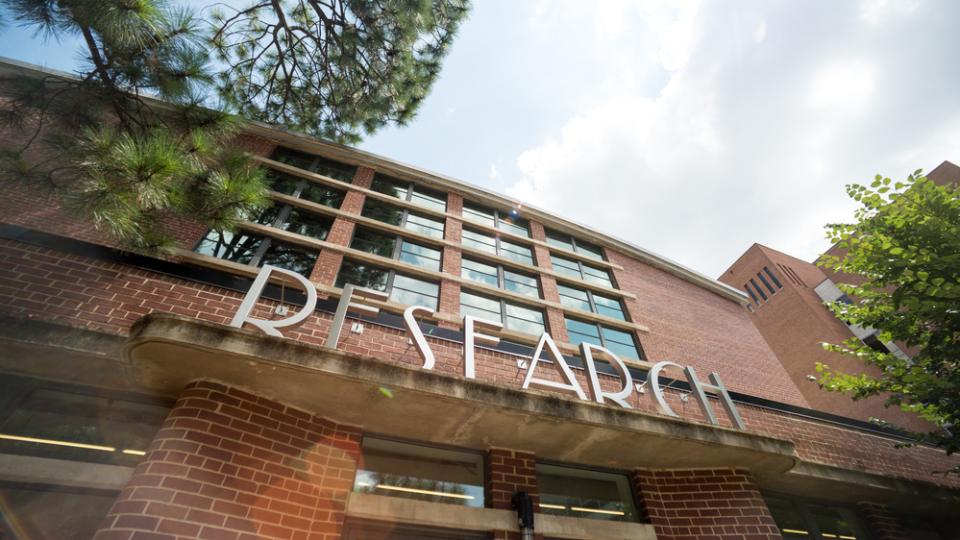

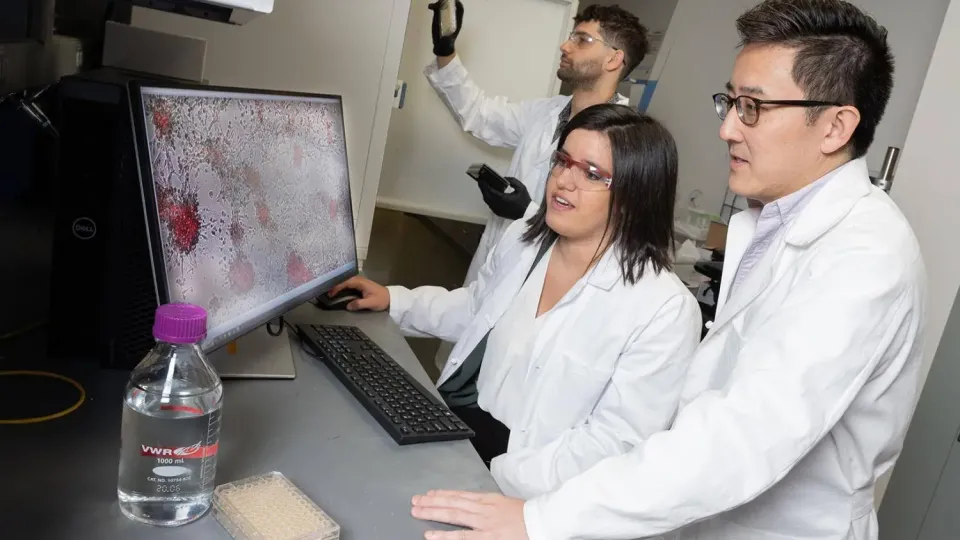
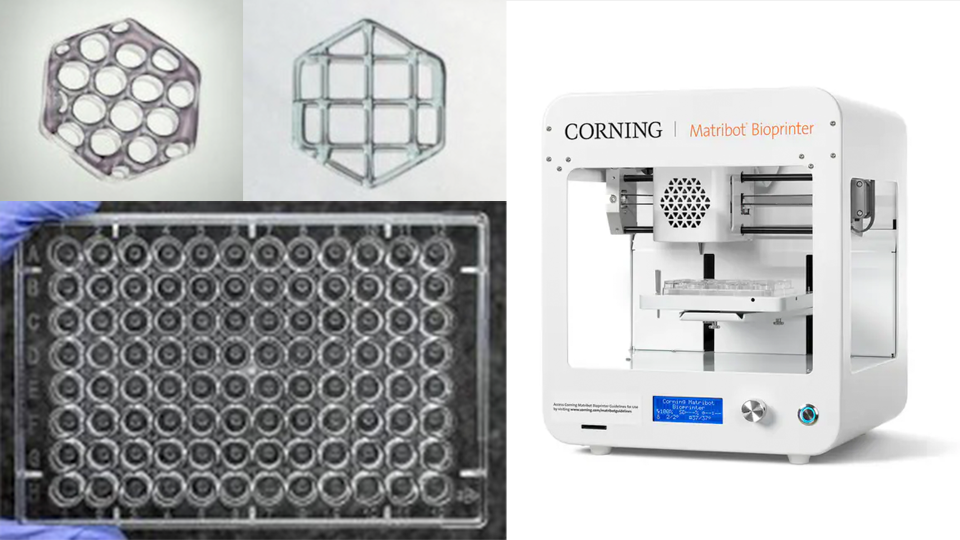

![<div><p><em>Dobromir Rahnev’s research in the Computations of Subjective Perception Lab focuses on metacognition. [Photo by Rob Felt]</em></p></div> Researcher adjusting a device on another person’s head in a lab, with a computer displaying brain imaging data and a mounted camera in the background.](/sites/default/files/styles/news_listing_960by540/public/news/2025-11/Doby.jpg?h=62dc85c3&itok=PPLk1y3g)

